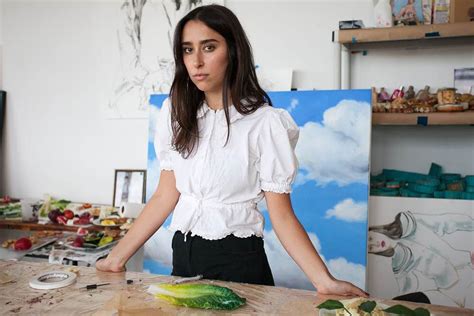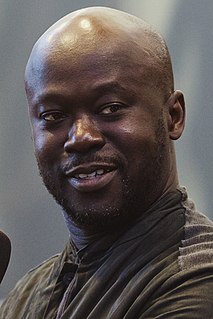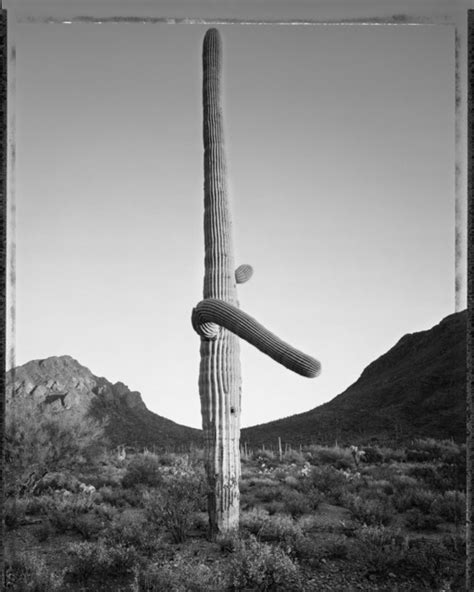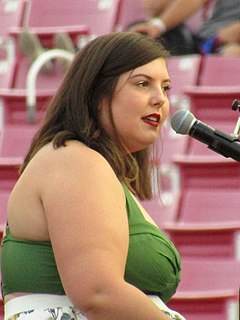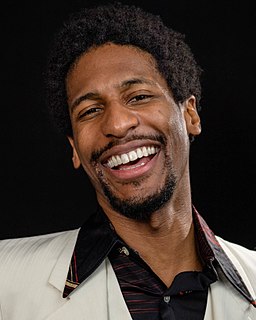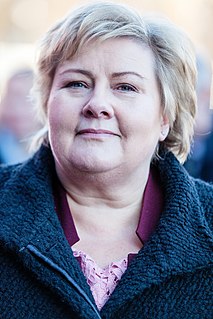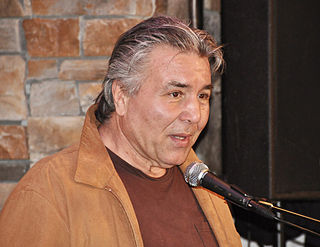A Quote by Rachel Cusk
I think a lot of artists no longer want to participate in or be associated with narrative because of its corruptedness in contemporary culture.
Quote Topics
Related Quotes
I like art that challenges you and makes a lot of people angry because they don't get it. Because they refuse to look at it properly. Rather than open their mind to the possibility of seeing something, they just resist. A lot of people think contemporary art makes them feel stupid. Because they are stupid. They're right. If you have contempt about contemporary art, you are stupid. You can be the most uneducated person in the world and completely appreciate contemporary art, because you see the rebellion. You see that it's trying to change things.
My tiny baby blossoming art collection is comprised of works by artists I have either assisted or been mentored by, artists I am friends with, or artists I have traded with. As much as I want to and aspire to acquire works from established artists, I love acquiring works from my contemporaries in order to participate in this moment in time. The advice I would give is know what you like, take your time, and invest in things you feel connected to, as opposed to buying something because it seems cool or "of-the-moment."
The museum in D.C. is really a narrative museum - the nature of a people and how you represent that story. Whereas the Studio Museum is really a contemporary art museum that happens to be about the diaspora and a particular body of contemporary artists ignored by the mainstream. The Studio Museum has championed that and brought into the mainstream. So the museums are like brothers, but different.
There's a lot of creativity in the industry, but I don't necessarily think that the most creative DJs or producers are always the biggest ones. I think it would be nice to see more of an open culture to different music. I think that's happening. With Spotify, I think people are discovering a lot of artists they might not discover otherwise.
Fine-art photography is a very small world associated with galleries, museums, and university art programs. It's not like rock music; the products of this world have never been widely seen because the artists are often exploring things that are not already coded in general consciousness. It's not that photographers don't want to be famous, it's just that very few of the views from the edges of culture make the mainstream. Ansel Adams was an exception.
I always want to be doing both to travel as a teacher and lecturer, and to be a musician. I think in this generation institutionalizing the art form and spreading it to the younger generation through education is really important for all artists to have some hand in. Right now in popular culture and the mainstream, it's not a big part at all. I think education by young artists talking to young people, not just older people talking to young people, it gives an experience never felt before. I think over the years it will do a lot for the music.
I think people resist feminism because they're scared. I think for women, they're scared of being picked on or of being called out. I hear from a lot of young women, you know, I don't want to call myself a feminist because I don't want to get in an argument with someone. And it's just not cool; like it's not a cool thing to be associated with. There's no benefit to saying that you're a feminist.





